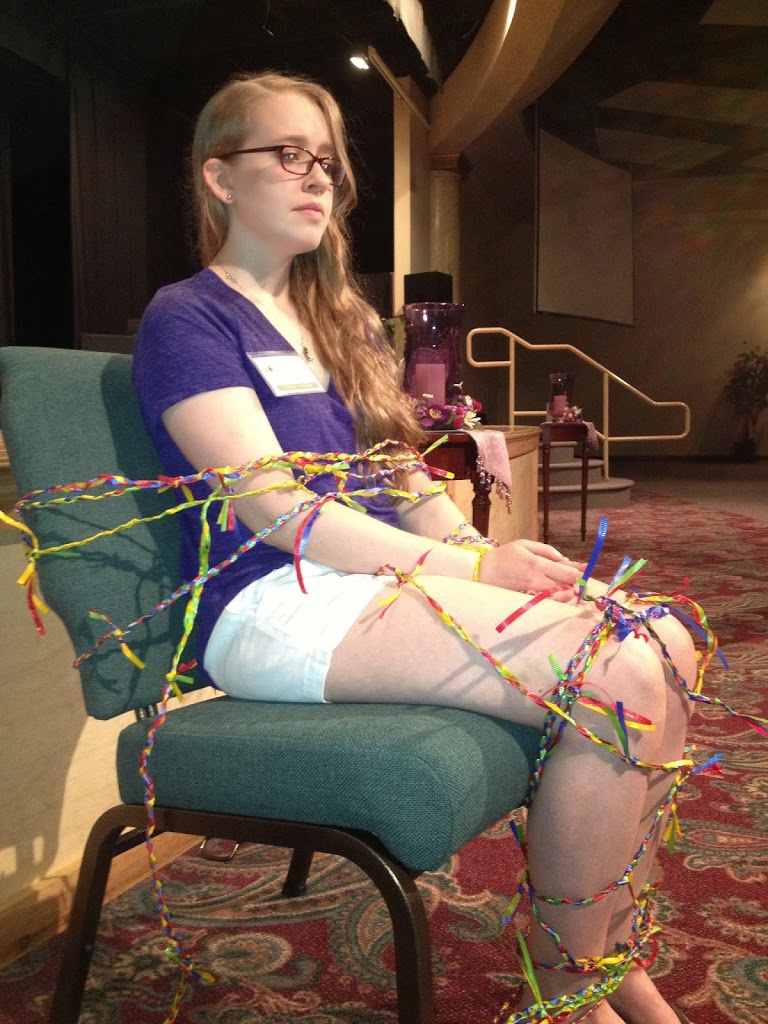
Dear Pregnancy Center
Pregnancy centers are on the front lines, rescuing the most vulnerable people targeted by abortion vendors. Oh, Dear pregnancy center staff and volunteers, you are my heroes.
Dear Pregnancy Center,
My crisis pregnancy was a result of juvenile sex trafficking. I was an easy target for pimps. Born as a result of rape, sexually abused from toddlerhood and feeling worthless, a ‘Romeo’ pimp sold me on my fourteenth birthday and that started four years of brutality. At seventeen, I was told to abort or die.
Since then, I have come to know many staff and volunteers at centers. You are awesome. It is a privilege and a humbling experience to write to you today. My desire is to support you by giving you some things to look for in order to identify trafficked women in your ministry and some ways you can help.
You might see women who are victims of labor trafficking: slavery for domestic service, or in sweat shops/ factories, begging, or agricultural work and commercial sex trafficking victims: engaged in prostitution, pornography, stripping, live-sex shows, or child brides. They probably won’t self-identify, especially if they are very young. So often, you may be the one person able to help them find a way out.
OATS
Think of OATS as seeds for change: Observe, Assess, Talk, and Suspect.
Observe
Observe: Look for signs of abuse, bruises, cuts, burns etc. Does she have inappropriate clothing for the weather, very expensive clothing of jewelry, or does she appear to be destitute? You often see clients who are in distress, some depressed, but is she withdrawn or “checked out”? She may be exhausted if she was up all night. Does she have a handler, a man or woman who brought her, won’t leave her alone, answers questions for her, or holds her ID? She may be distressed, but is she terrified? Does she have tattoos. Some signify ownership. It could be a name, insignia or a bar code. Simply asking the significance of the tat may reveal important insights.
Assess
Assess: During your intake application, listen for clues to the truth of how she spends her time. Is she consistent? Listen for hesitation in giving answers to your questions. Watch for clues of falsehoods. There might be a change in tone while speaking, looking away when answering, true responses can be seen on her whole face. Blocking movements, like crossed arms, leaning toward a handler are also keys. Does she shrug her shoulders or avoid eye contact when answering? Does she close her eyes? Or perhaps, she pulls in her lips: all possible signs of hiding something.
Talk
Talk: You ask questions as a regular part of your contact. Hopefully, language barriers are minimal. If her handler is there, you’ll have to limit what you ask for safety. When you see any red flags, ask her if she gets paid to work. Ask about locks on her doors: are there any that she doesn’t have keys for. Does she carry her ID with her when she is out. Stating that some people experience unusual things and then asking if she is free to eat when she wants to and if she can come and go at will, removes the pressure. Asking if she feels safe might help, but safety is extremely subjective. Complex trauma from trafficking changes perception of normal and safe.
If she is a teen, ask how old her boyfriend is. Ask if he asks her to help pay the bills. Sometimes it’s possible to ask right out if she is prostituting. If she is under 18, she is automatically a trafficking victim. For older clients, ask her if she can stop, if she wants to. Ask her if it is what she wants to do.
Suspect?
Suspect: There are reasons that traffickers would want children to be born to the women they hold, either in labor trafficking or in sex trafficking. One is leverage. Traffickers will be able to threaten their children. Another is to have future slaves. Just as in the slave trade anywhere else, slave offspring are their slaves. Traffickers may want to appease them by allowing them to have their children, they seem like good guys. Many women will not run away with children. Trafficking in persons happens all across America.
Trafficking victims are under the control of their traffickers. They are slaves by force, fraud or coercion. Victims may be on drugs or engaged in other harmful activities. They may have issues related to extreme trauma. Your compassionate responses may be the only kindness they know.
How will you deal with human trafficking victims at your center?
Perhaps, with protocols in place you’ll receive more “Dear Pregnancy Center” letters from those who are no longer victims, but healing survivors -all because of your compassionate response.



